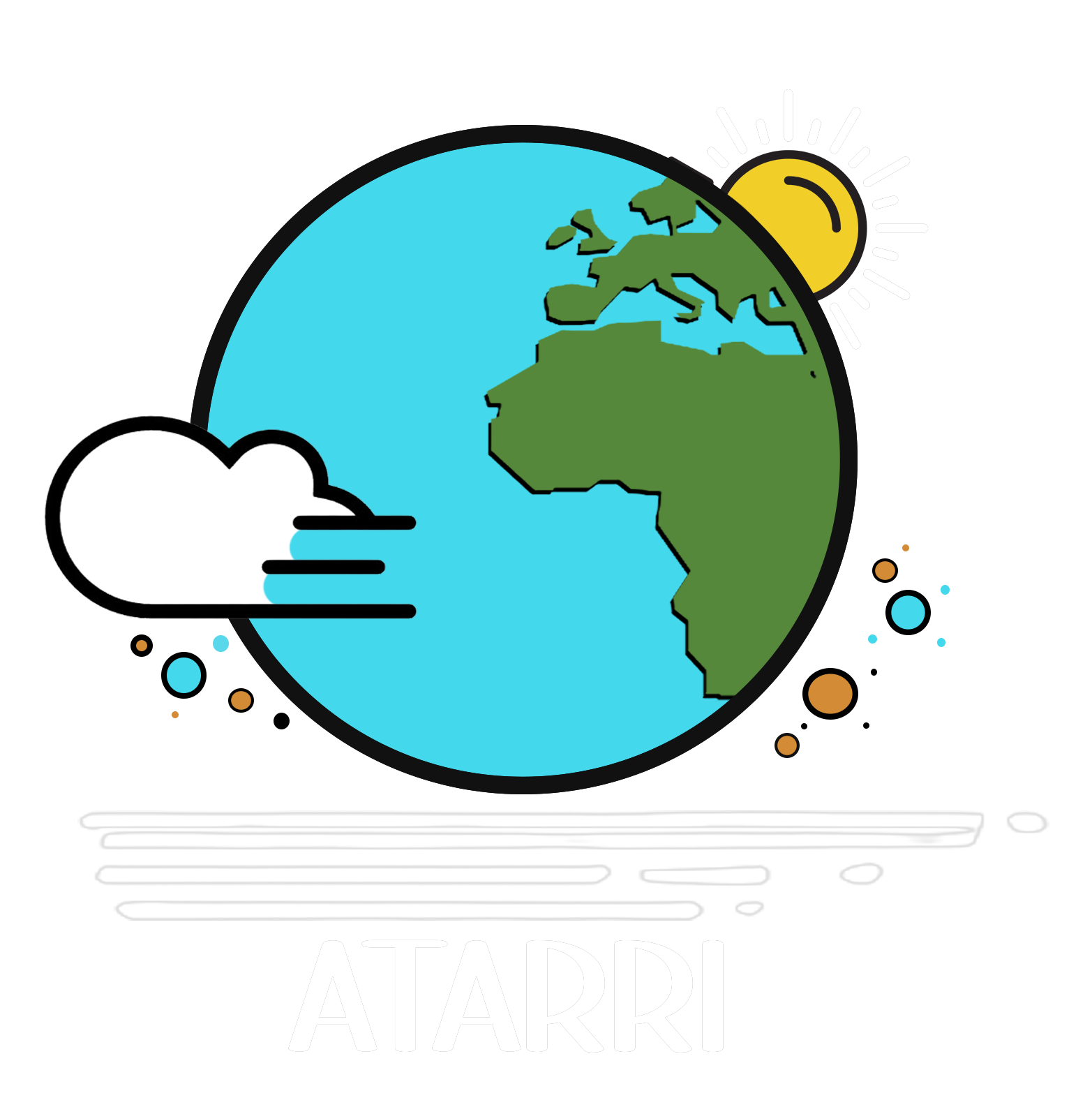CARO Observatory
At ECoE, we utilize both active and passive remote sensing techniques to study atmospheric processes critical to climate research, weather forecasting, aviation safety, and air quality management. Our work integrates experimental and theoretical approaches to investigate aerosols, clouds, water vapor, and their interactions, leveraging data from the CARO observatory, specialized experimental campaigns, and long-term satellite-based sensors.
Key Research Activities:
- Dust Life Cycle and Interactions: Exploring the processes governing the lifecycle of dust and its interactions with clouds and radiation.
- Advanced Lidar Development: Designing innovative lidar instruments for specialized studies, including new polarimetric observations and assessments of spaceborne lidar missions.
- Atmospheric Parameter Analysis: Examining critical atmospheric parameters, such as the optical and physical properties of aerosols, clouds, water vapor, temperature, and wind, particularly over the Mediterranean region.
- Continuous Atmospheric Monitoring: Conducting 24/7 atmospheric monitoring from the surface to the stratosphere, supporting governmental and European initiatives in aviation safety and air quality management during hazards like volcanic eruptions and wildfires.
Satellite Calibration Validation (Cal/ Val)
The CARO observatory of ERATOSTHENES Centre of Excellence (ECoE) is an ideal facility to provide advanced calibration and validation (Cal/Val) services for Earth Observation missions focusing on the Eastern Mediterranean. It specializes in key areas such as atmospheric composition, aerosol-cloud-radiation interactions, and the weather-precipitation-dryness complex as a whole:
- Strategic Location: Situated in a climate change hotspot, the CARO observatory represents the broader Eastern Mediterranean, Middle East, and North Africa regions.
- Extensive Expertise: ECoE brings proven experience in organizing and executing Cal/Val activities for ESA missions, including Sentinels and Earth Explorer programs like Aeolus and EarthCARE.
This expertise and strategic positioning make the CARO observatory a valuable resource for advancing climate science and Earth Observation research.
Climate Change in Mediterranean
The Mediterranean region is grappling with pressing environmental challenges, including land-use changes, escalating air pollution, rising forest fire incidents, desert dust outbreaks, suppressed precipitation, and extreme weather events. These issues significantly impact vital socioeconomic sectors. Despite differences among global climate models, there is consensus that the Mediterranean is a climate change hotspot, poised to experience more frequent extreme weather and substantially drier conditions in the coming decades, with precipitation potentially decreasing by up to 40%. Such changes have profound implications for water resource management, agriculture, and the aftermath of natural hazards.
Addressing these challenges requires robust, up-to-date information on land, water, and air. Earth Observation technologies and datasets play a pivotal role by delivering essential insights for informed decision-making aimed at environmental protection and resource management. These technologies are critical for: (i) evaluating the current environmental state, (ii) refining models for early warning systems and future climate predictions, (iii) advancing understanding of atmospheric processes, (iv) supporting sustainable development policies, and (v) enhancing stakeholder engagement in environmental innovation and decision-making processes.
CARO Observatory
CARO Observatory (Cyprus Atmospheric Remote sensing Observatory) which is developed under Eratosthenes Center of Excellence (ECoE), utilize both active and passive remote sensing techniques to study atmospheric processes critical to climate research, weather forecasting, aviation safety, and air quality management. Our work integrates experimental and theoretical approaches to investigate aerosols, clouds, water vapor, and their interactions, leveraging data from the CARO observatory, specialized experimental campaigns, and long-term satellite-based sensors.
Key Research Activities:
- Dust Life Cycle and Interactions: Exploring the processes governing the lifecycle of dust and its interactions with clouds and radiation.
- Advanced Lidar Development: Designing innovative lidar instruments for specialized studies, including new polarimetric observations and assessments of spaceborne lidar missions.
- Atmospheric Parameter Analysis: Examining critical atmospheric parameters, such as the optical and physical properties of aerosols, clouds, water vapor, temperature, and wind, particularly over the Mediterranean region.
- Continuous Atmospheric Monitoring: Conducting 24/7 atmospheric monitoring from the surface to the stratosphere, supporting governmental and European initiatives in aviation safety and air quality management during hazards like volcanic eruptions and wildfires.
Scientific Domains
Scientific Domains
There are four different Scientific Domains
SSD1: Dust modelling and forecasting
[BSC/CNS] Specific topic: Dust sources transport and Dust minerology
Desert dust poses significant challenges and requires interdisciplinary approaches, reliable data, advanced forecasts, and effective integration into practice. A dedicated training program aims to enhance knowledge on dust processes, effects, and forecasting…
SSD2: Aerosol Microphysics characterization
[GRASP SAS] Specific topic: Inversion modelling for aerosol characterization)
Ground-based passive and active remote sensing provides valuable data for identifying and characterizing airborne dust and aerosols, combining sun-photometer and lidar observations for enhanced accuracy…
SSD3: Dust radiative effect and solar radiation
[PMOD/WRC] Specific topic: relationship between aerosol, clouds and solar radiation, data assimilation in models, satellite validation
ECoE explores aerosol radiative impacts in the Eastern Mediterranean and neighboring regions by integrating model simulations, ground measurements, and satellite observations to enhance climate understanding and satellite validation readiness.
SSD4: Solar energy applications
[ARMINES] (specific topic: solar radiation modelling in urban areas, solar energy assessment in different spatiotemporal scales
Cyprus’ high insolation and variable climatology challenge solar radiation modeling, affecting photovoltaic potential. A multidisciplinary approach combining atmospheric sciences, remote sensing, and engineering is needed to address these challenges.
